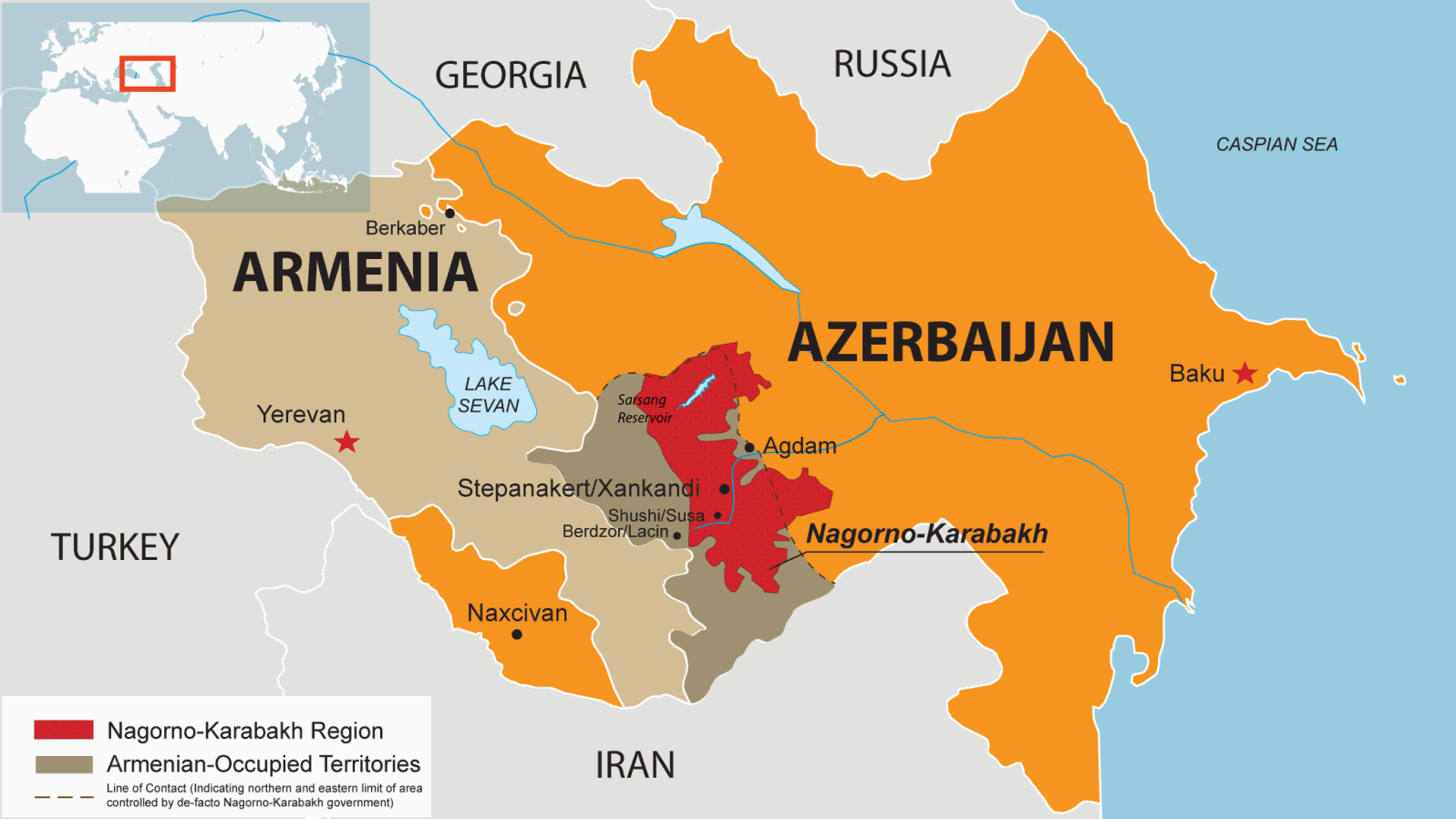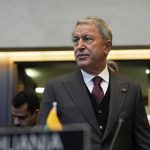ran is closely following the alarming developments around Armenia and is reiterating on the highest level its “red lines” in the South-Caucasian region and directly communicating to all actors that Tehran will not tolerate changes of borders, including any attempt of blocking the Iran-Armenia border which has been a connection route for millennia. The most recent statement came from President Ebrahim Raisi of Iran during a phone call with Armenian Prime Minister Nikol Pashinyan.
The Iranian President cited Supreme Leader of Iran Ayatollah Ali Khamenei’s statement during the recent meeting with the leaders of Russia and Turkey that Iran is sensitive in the matter of its borders in the Caucasian region and will counter any attempt to change them, the Prime Minister’s Office said in a readout.
Iranologist Emma Begijanyan, who’s been studying and researching Iran and the Middle East for many years, says the Iranian president’s words are very clear, as well as its addressees.
Begijanyan said that Raisi was speaking about the inadmissibility of the so-called “corridor” idea which Turkey and Azerbaijan are attempting to advance. Therefore, according to the expert on Iran, President Raisi’s statement was clearly addressed to Ankara and Baku.
“This is how I understand the words of the Iranian president, that a change of borders, meaning the so-called “corridor” is a red line for them and that they will counter it at any cost. In the general picture this means that Iran will not rule out even up to military intervention. Even if the Lachin corridor is being relocated, this is certainly undesirable for Iran, but it did not intervene. But if Armenia gets pressured it will intervene,” Begijanyan said.
Furthermore, Begijanyan argues that now it is Turkish President Recep Tayyip Erdogan who needs the so-called “corridor” the most – through which Azerbaijan wants land connection with Nakhijevan and Turkey. According to the expert, Erdogan needs this more than Azerbaijan’s Aliyev because Turkey will hold presidential and parliamentary elections in 2023 and right now Erdogan has almost no chances, while the “corridor” is the trump card with which Erdogan – filled with Neo-Ottoman and Pan-Turkism ideas, will be able to garner votes by exploiting populist rhetoric to play with nationalistic emotions of the Turkish people and promising them “to connect 300 million Turks through that road”.
Armenia has numerously insisted that it will not cede any extraterritorial land corridors to Azerbaijan and at the same time reiterated that it is ready to provide safe passage for the connection of Azerbaijan’s western regions with Nakhijevan through its territory, but exclusively in accordance with Armenian legislation.
In turn, Iran has roads through both Turkish and Azerbaijani territory, but according to Begijanyan these roads aren’t reliable for Iran and they need alternatives to connect with Georgia, Russia and Europe. In this context, Armenia – Iran’s friend and reliable partner – is irreplaceable for Iran.
Given the circumstances, the Iranologist says Armenia and Iran must closely cooperate in all key areas because Yerevan and Tehran’s strategic and national security interests are matching.
“When we look at the region, our interests – especially the strategic and national security interests – are matching with Iran’s interests, meaning whatever step Iran takes in this sector will be in our interests. We shouldn’t look what others will say,” the expert said.
Speaking about the relations between the three powerful actors around the South-Caucasian region – Iran, Russia and Turkey – whose leaders regularly meet in the Astana format to discuss Syria and other regional issues, Begijanyan said that the interests of Iran and Russia could match only in tactical terms, not strategically, and that the relations between Iran and Turkey are much more difficult and tense, especially now.
According to Begijanyan, Iran’s interests today first of all require the restoration of the 2015 Iran nuclear deal (5+1) Joint Comprehensive Plan of Action, after which the Western sanctions imposed on Iran will be lifted, and this prospect is directly linked with Tehran’s stance and policy in the region, including on Armenia and the importance of the Armenian-Iran border.
“Iran’s interests require for the nuclear deal to be restored because Iran has the second most gas reserves in the world, and Europe needs gas. And the restoration of the nuclear deal can even have crucial impact on the developments in this region. Iran’s positions will change, and Iran will be able to export gas. And if the restrictions against Iran are lifted, it will be an advantage for us. Just like Armenia being powerful and independent is matching Iran’s interests, the same way it is in our economic and general interests for Iran to stronger.”
According to her, in this case Iran will be less dependent from both Turkey and Russia, because otherwise it is not ruled out that Iran’s huge energy resources will be managed under the non-beneficial conditions of other countries.
Aram Sargsyan
Source: armenpress.am



